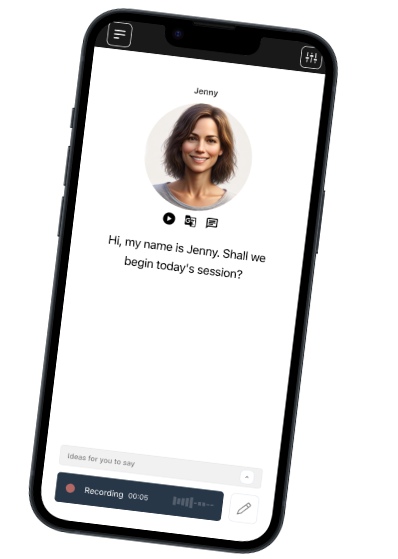Founded in Denmark. We respect your privacy.
Join a worldwide community of language learners
Can You Really Learn a Language While Sleeping? Science Has the Answer
Last updated on
Imagine going to bed, playing an audio track in your sleep, and waking up fluent in a new language. Sounds too good to be true, right? While the idea of learning while sleeping has been around for decades, the truth is a bit more complicated—but also fascinating.
What Science Says About Sleep Learning
While you can’t absorb an entirely new language in your sleep, research suggests that sleep does play a role in reinforcing what you’ve already learned. Here’s how:
1. Sleep Strengthens Memory
During deep sleep, your brain consolidates and strengthens memories. If you’ve been practicing vocabulary or grammar during the day, sleep helps store that information for easier recall later.
2. Reactivating Words in Sleep Improves Retention
Studies have shown that playing previously learned words while sleeping can help reinforce them. In one experiment, participants who listened to words they had studied earlier performed better in recall tests than those who didn’t. However, the brain doesn’t just absorb completely new words while unconscious—it works best with information you’ve already encountered.
3. Better Sleep = Better Language Learning
Lack of sleep negatively impacts cognitive function, making it harder to learn and retain information. A well-rested brain processes language more effectively, whether you’re awake or asleep.
How to Use Sleep to Boost Language Learning
If you want to maximize your language learning while you sleep, here are some practical strategies:
- Study Before Bed: Reviewing vocabulary or grammar just before sleeping helps your brain consolidate the material overnight.
- Listen to Familiar Words While Sleeping: Playing audio of words you’ve already learned may strengthen your recall.
- Use a Language Learning App Like Talkio: Engaging in interactive speaking practice during the day gives your brain more to process at night.
The Big Takeaway
You won’t wake up fluent in a new language just by playing recordings in your sleep. But sleep can help reinforce what you’ve already learned, making your daytime language practice even more effective.
So, while you still need to put in the effort while awake, a good night’s sleep just might be your secret weapon for language learning!
Talk Your Way
to Fluency

Talkio is the ultimate language training app that uses AI technology to help you improve your oral language skills!
Try Talkio


